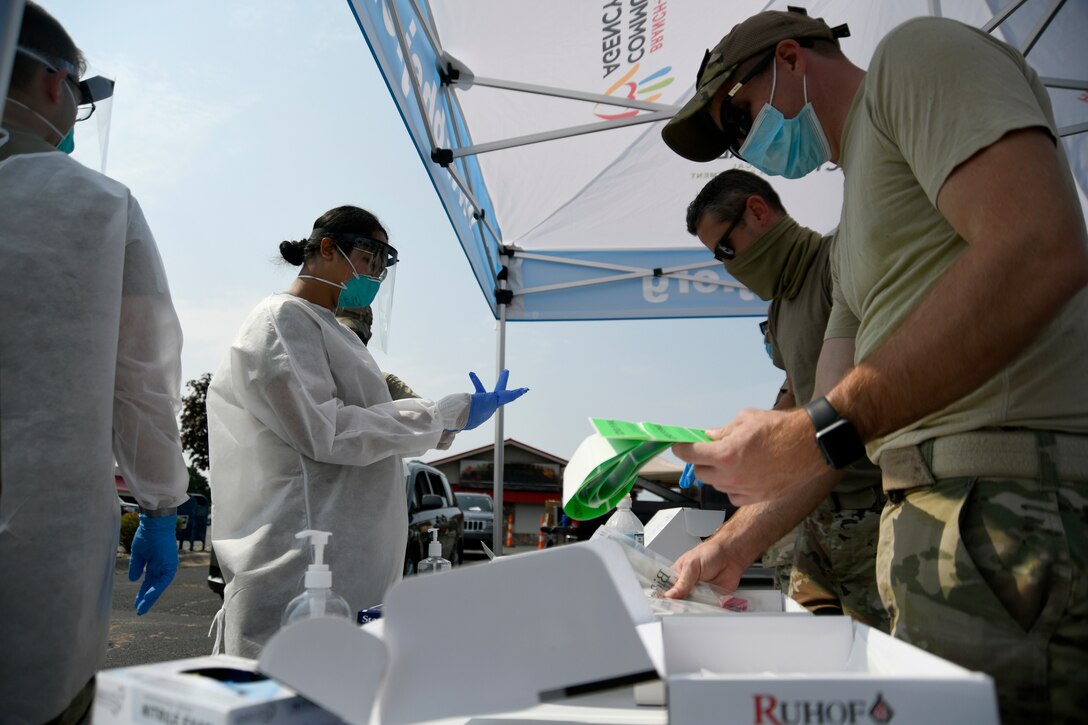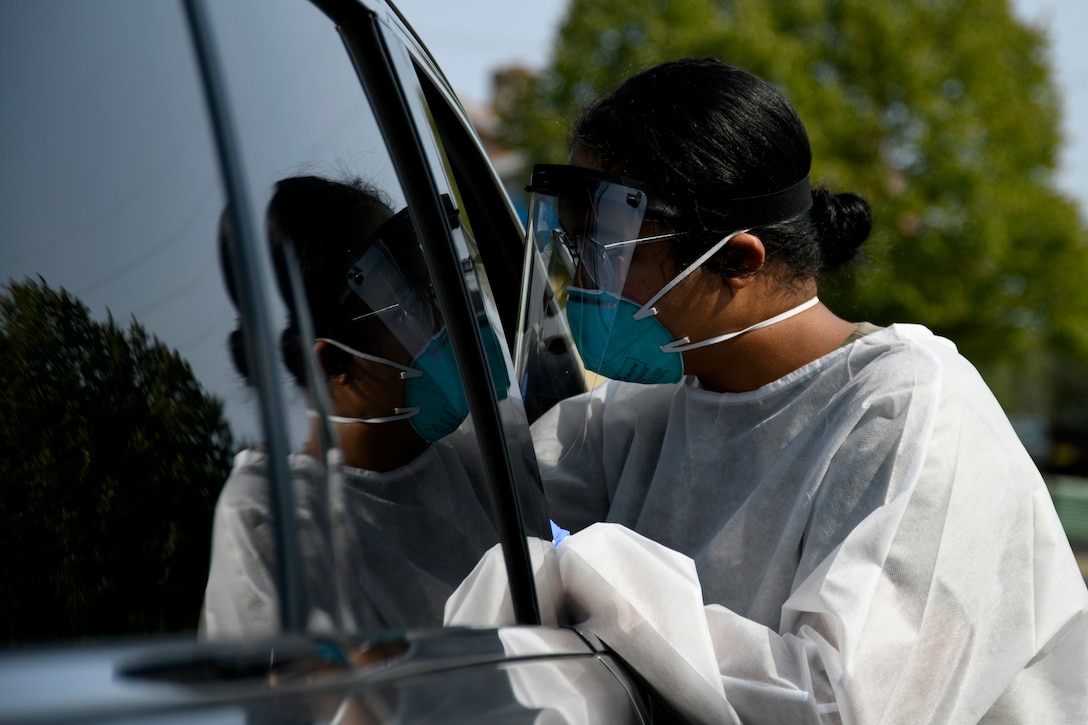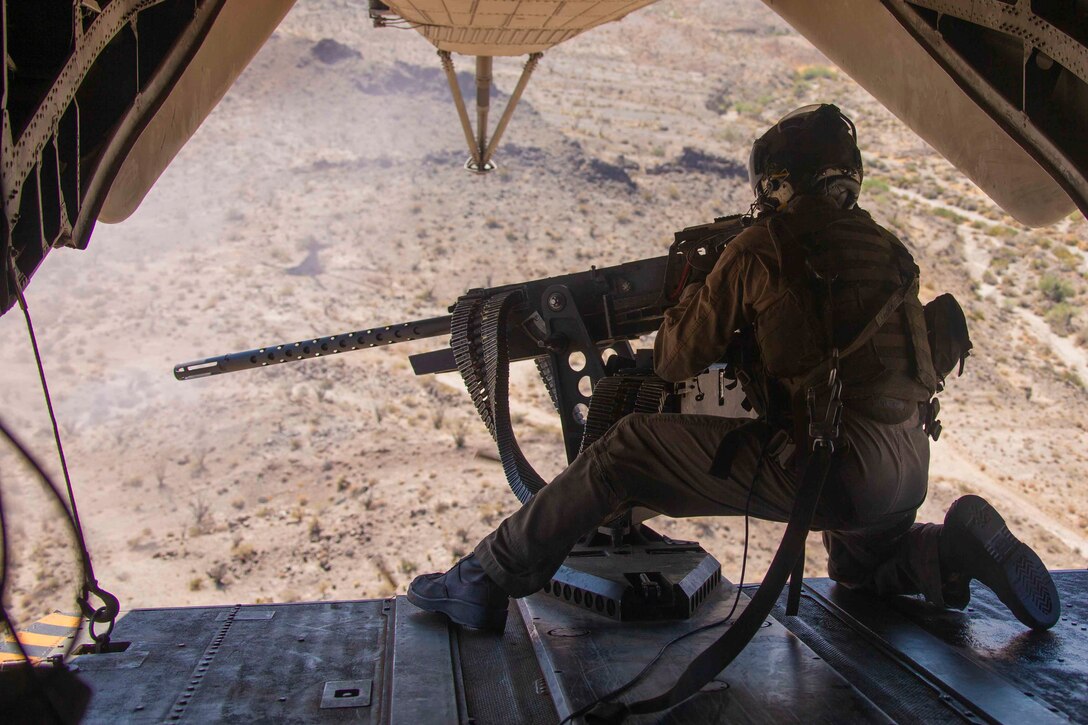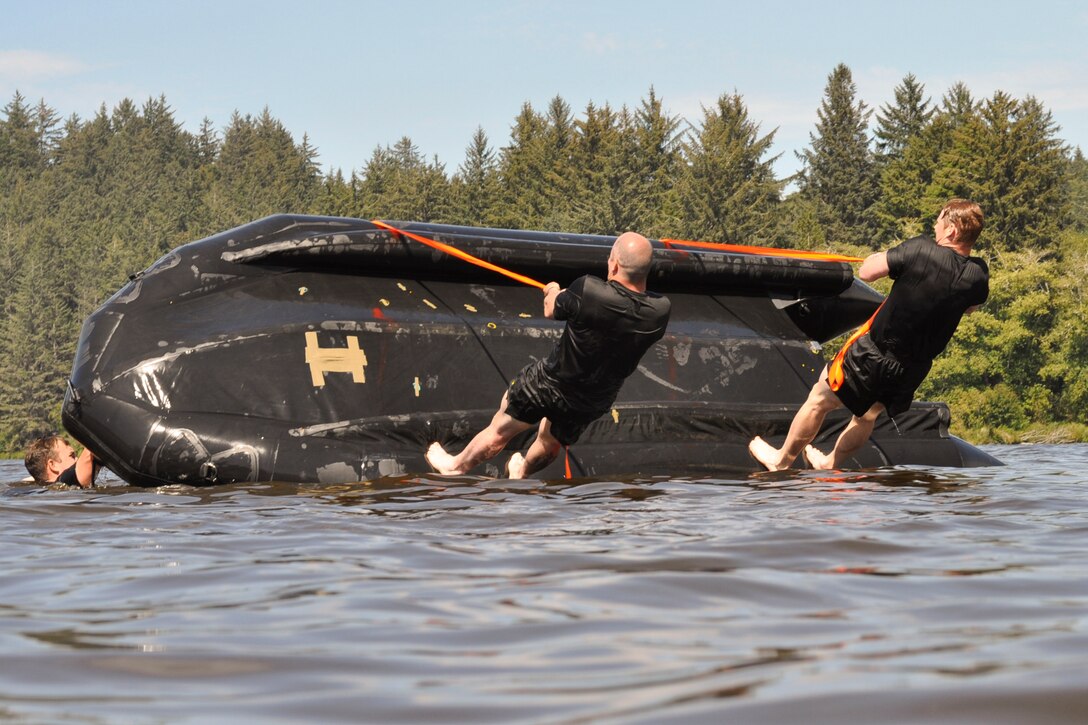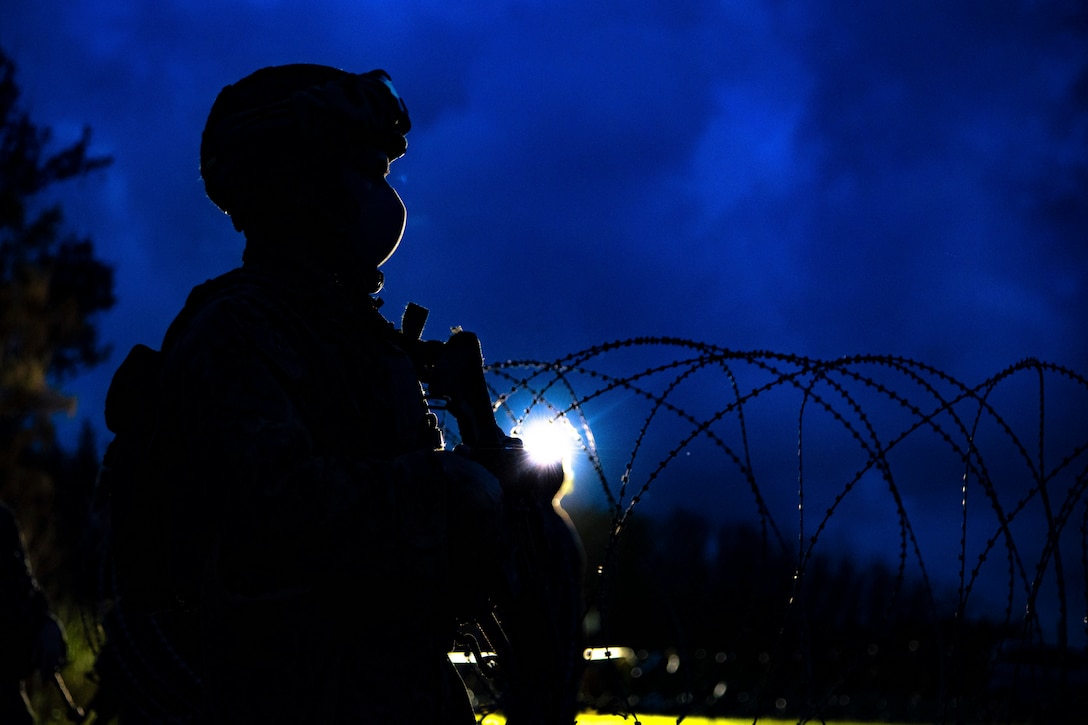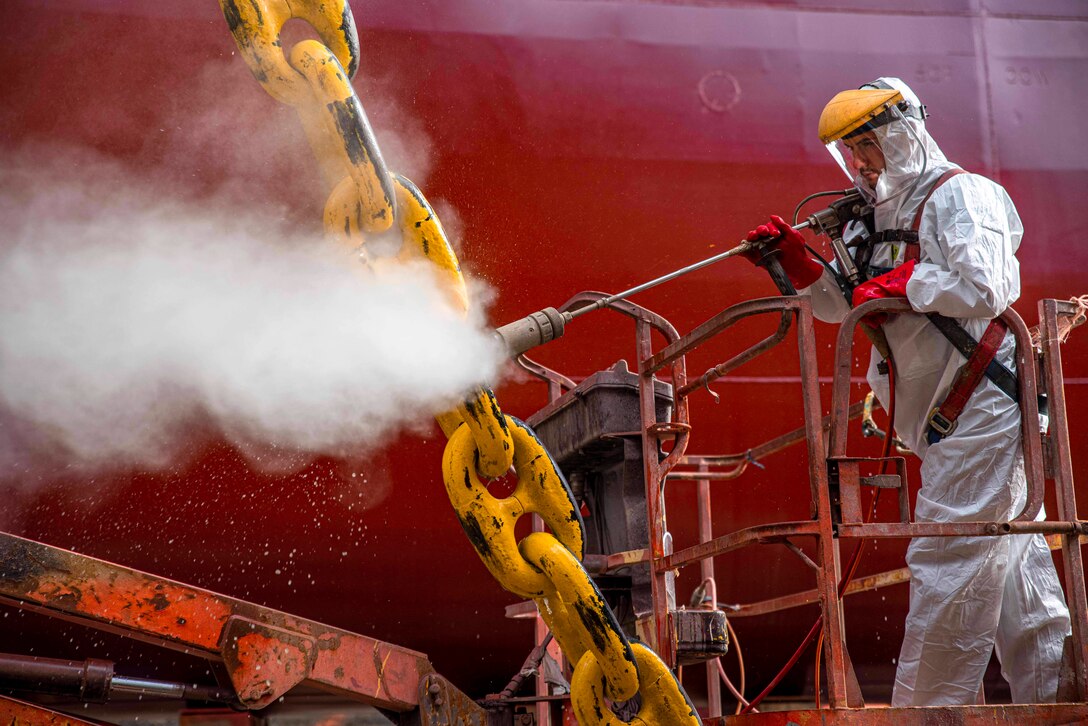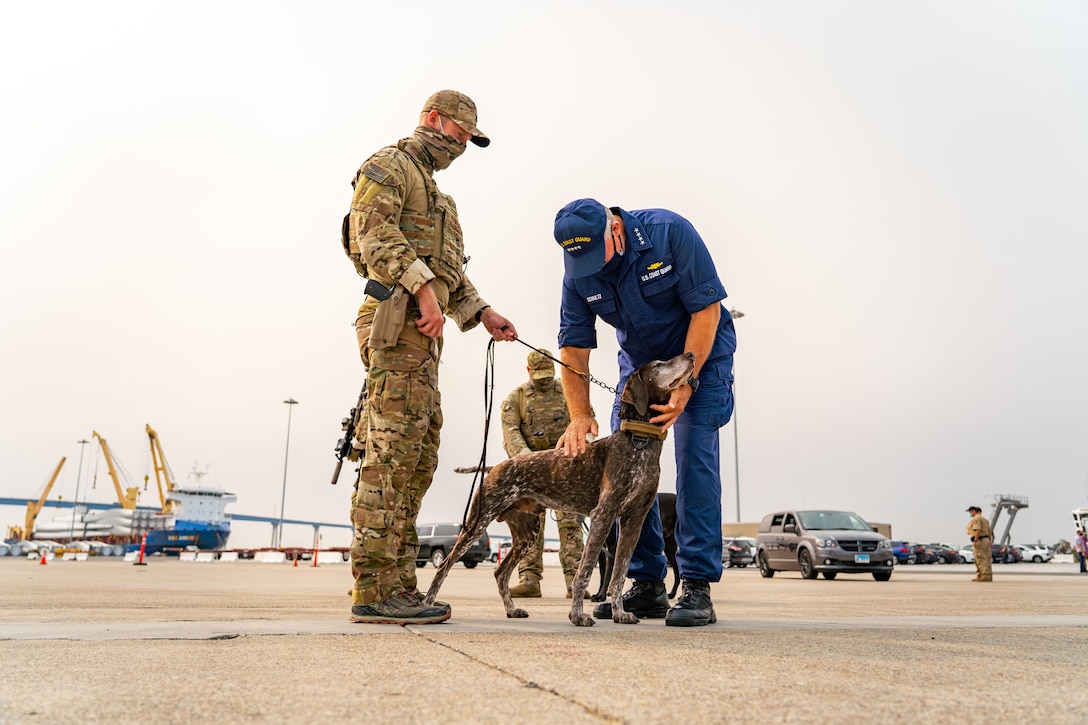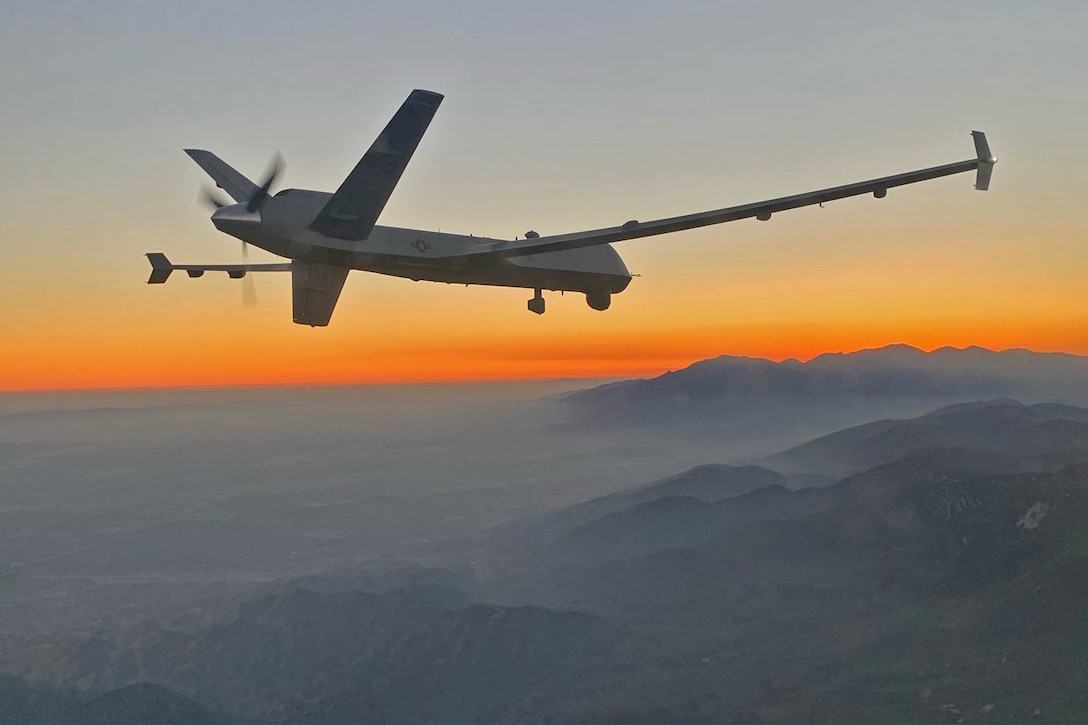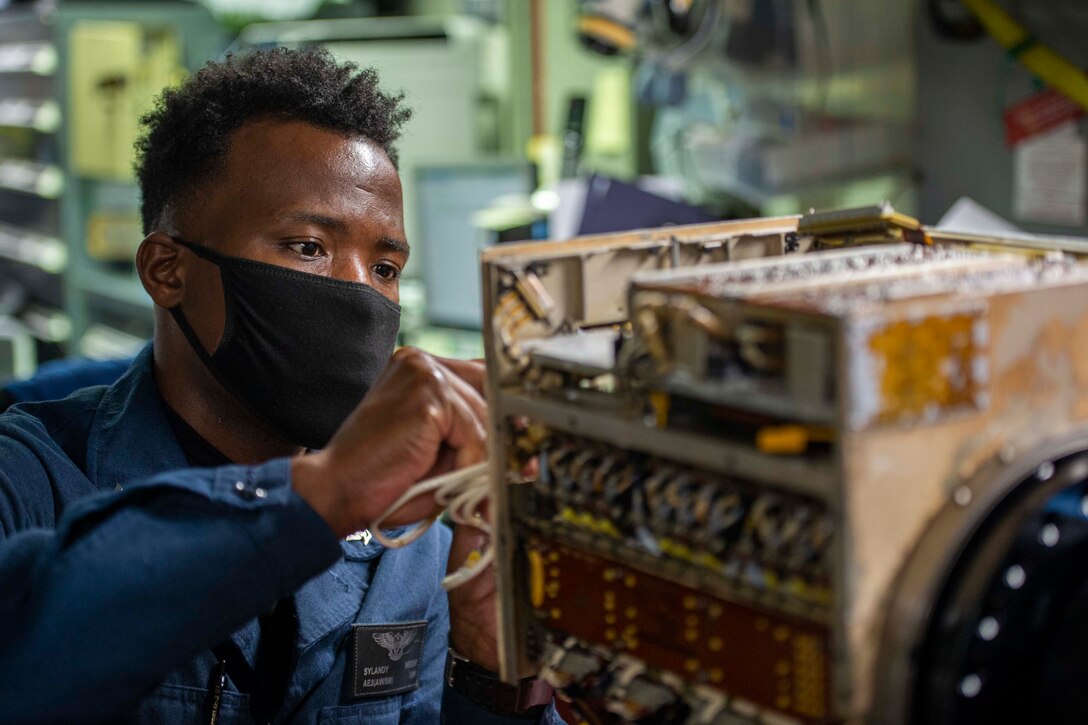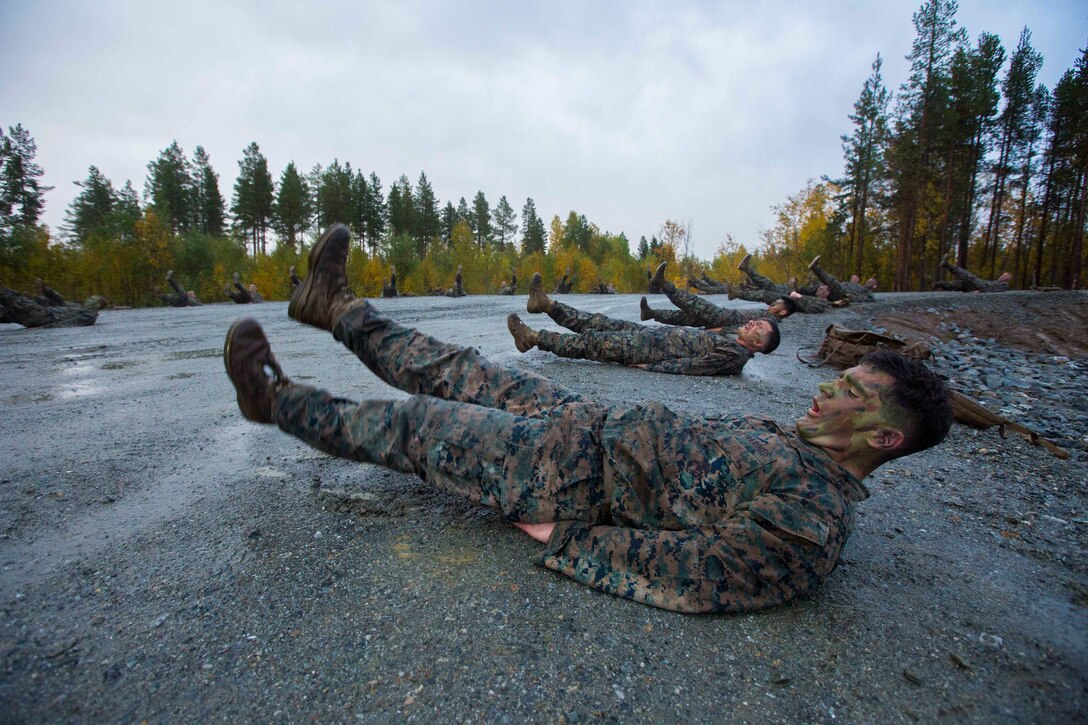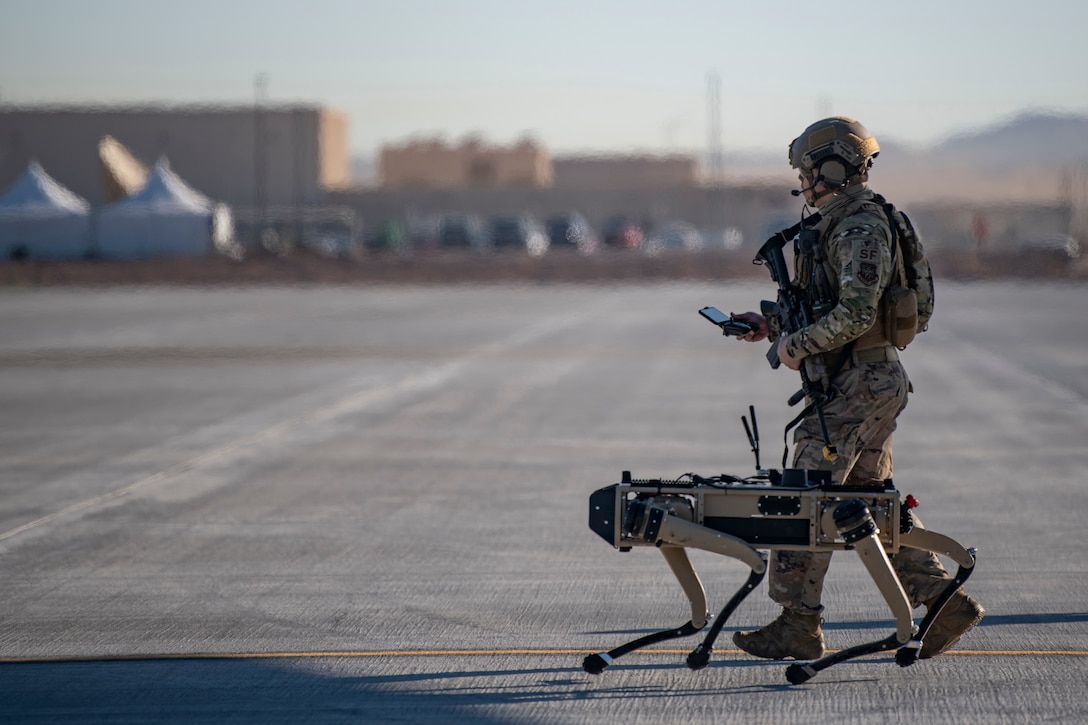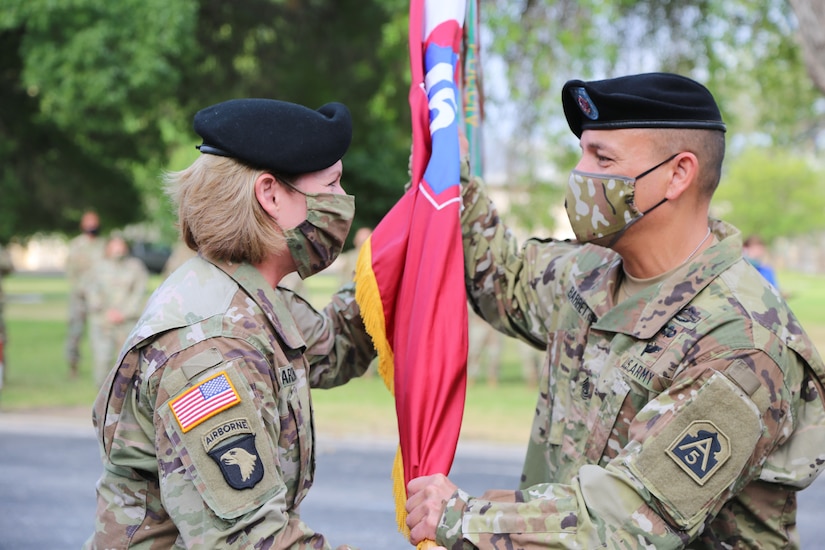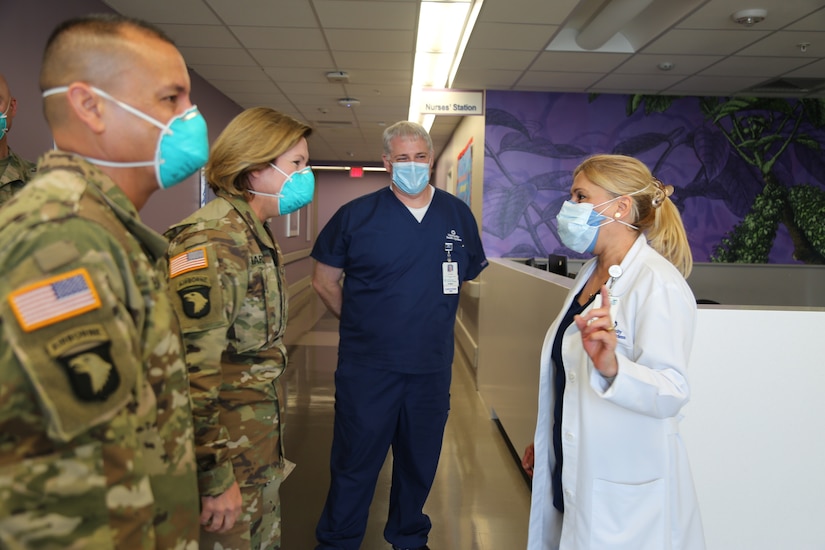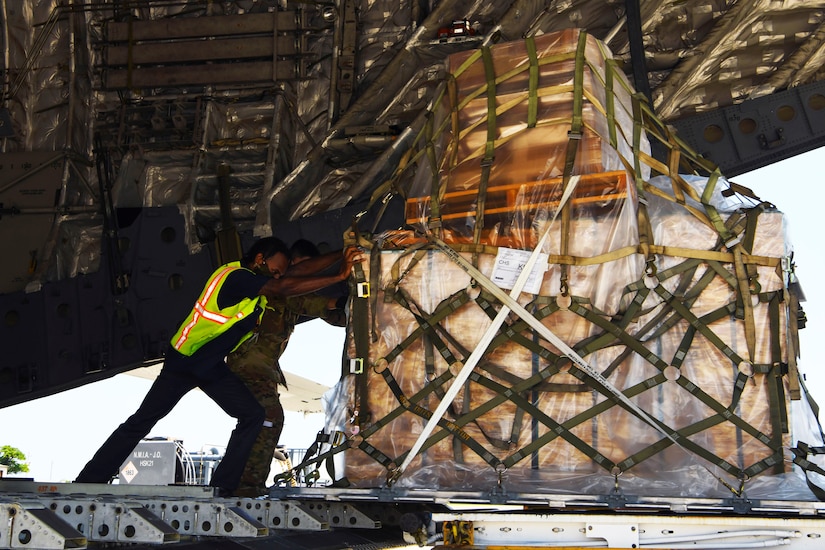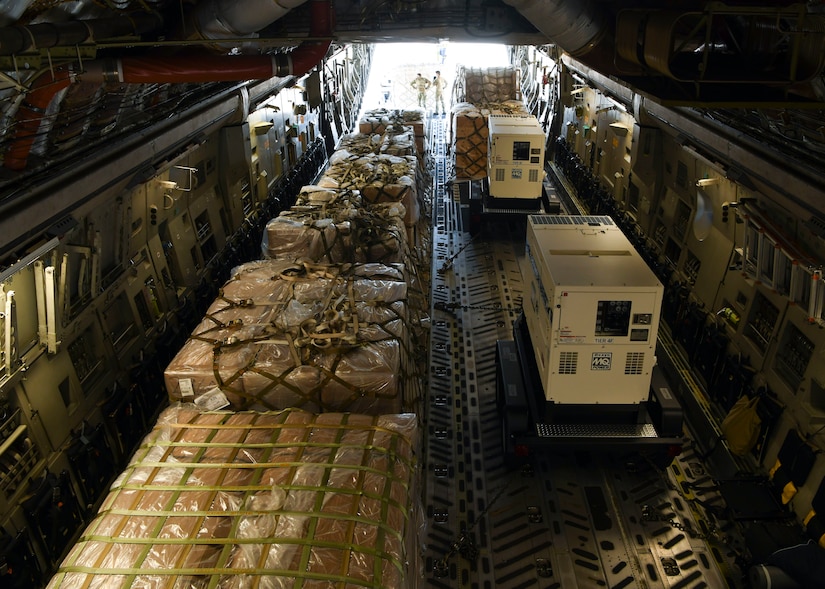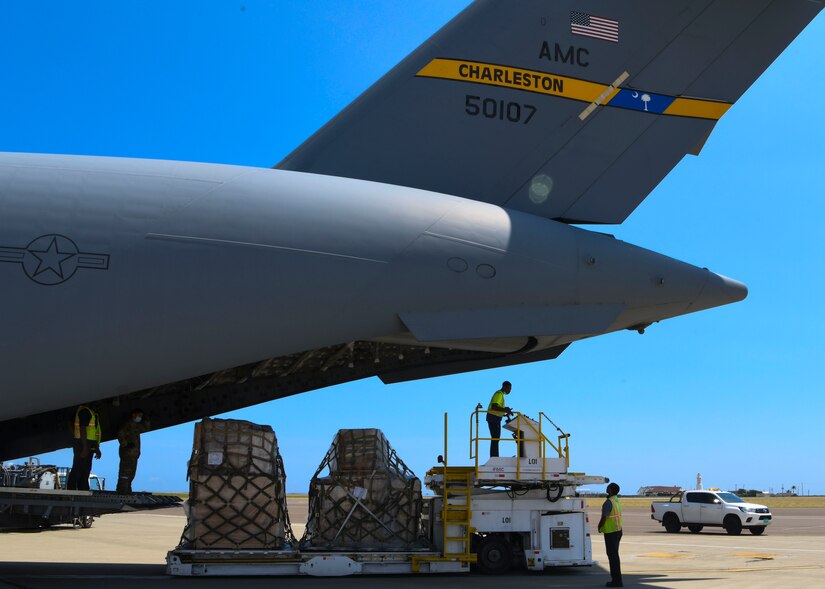A year later, the DSCU is well on its way to meeting the goals it set when it first opened its doors, DSCU President Cara Abercrombie, the school's first and current president, said.
She said despite the obstacles placed in their way by the COVID-19 pandemic, their workforce and university should be proud of what they have achieved together after just a year.
Security cooperation involves all the DOD interactions, programs and activities done with foreign security forces and their institutions. This includes exercises, armaments cooperation, information sharing, collaboration, foreign military sales, ministry advising and humanitarian assistance. Across the Defense Department, about 20,000 personnel are involved in facilitating these activities.
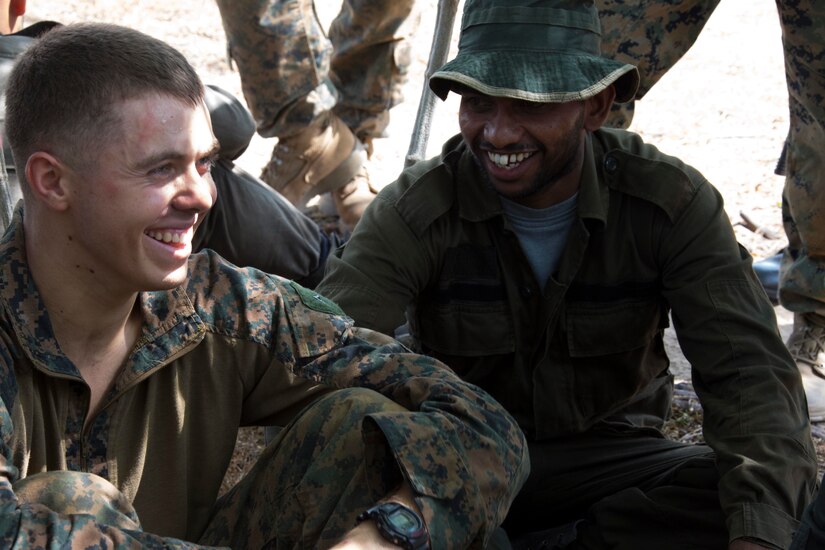
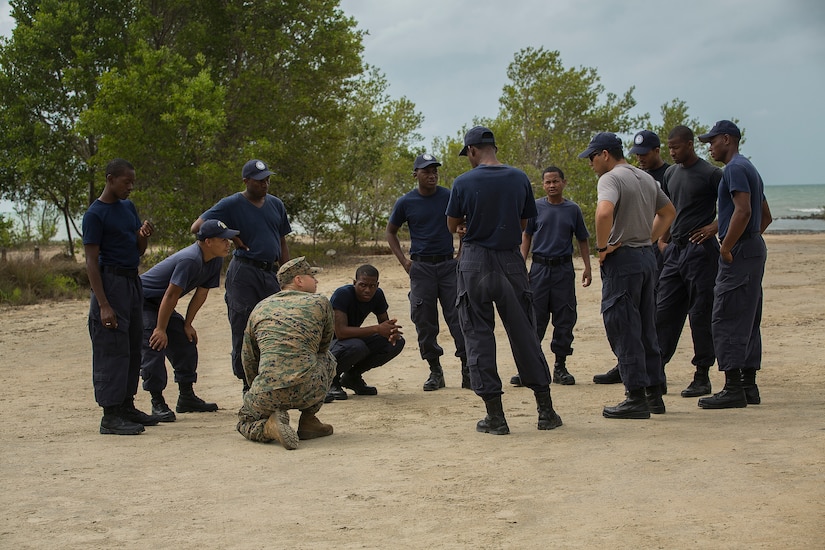
The DSCU, which has campuses in Arlington, Virginia, and Wright-Patterson Air Force Base, Ohio, was set up to, among other things, provide that workforce with the training they need to excel in their careers, accountability for maintaining standards of ethics and integrity in the work they do, a common body of knowledge based on research and experience, and avenues for continuous intellectual and professional development.
Early on, Abercrombie said, goals were set for workforce development. For instance, each of the 20,000 employees in the SC workforce is responsible for attaining at least a basic-level certification in one of five SC areas of concentration.
Areas of concentration include SC Case Lifecycle Management; Execution Support Management; Planning, Oversite and Execution Management; SC Office Operations and Management; and Acquisition Management.[WJJCDNS(1] Certification levels include basic, intermediate, advanced.
In January, the DSCA set a deadline for employees to complete certification. Abercrombie said 2020 was a "transition year," for meeting that goal, but by January 2021, participation in that certification effort becomes mandatory.

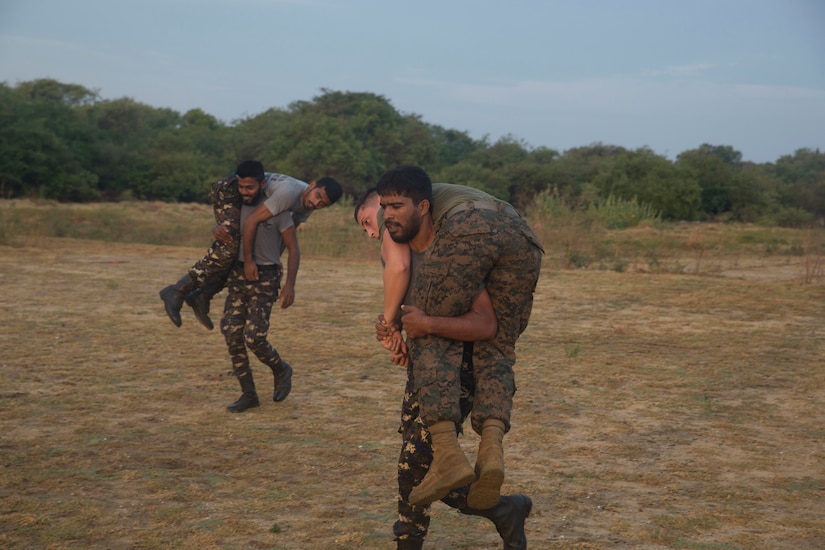
To date, 26 new basic- and intermediate-level courses have been developed by DSCU to provide members of the SC community with the knowledge needed for their professional development.
Already, more than 25,000 discrete courses have been completed by SC members, over 13,000 personnel are in progress toward certification, over 2,000 personnel have completed their basic-level certification, and over 500 are certified at the highest level required for their position.
For SC community members, certification at the most basic level was always going to be virtual, Abercrombie said. But for certification at other levels, and for many other courses the school has available, school leaders expected that students would attend courses in residence at one of its two campuses.
Social distancing requirements changed those expectations.
"The COVID-19 pandemic required us to adapt to a new reality that has demanded extreme flexibility," Abercrombie said. "The SC workforce has risen to this challenge and excelled."
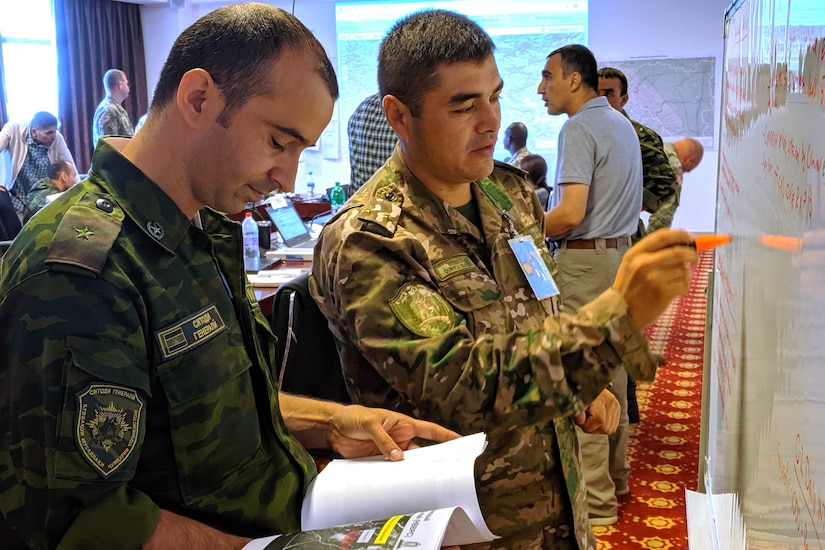

As a result of COVID-19, the school rapidly adjusted expectations and training efforts to accommodate the pandemic and keep SC community members learning. For instance, 20 of the courses the school teaches were rapidly transitioned to virtual experiences as a result of the pandemic. Additionally, the school converted all DSCU executive education courses to be completely online so that SC community members across the globe could attend schooling.
At the one-year mark for DSCU, Abercrombie said the school has accomplished a lot — especially in light of the unexpected burden of COVID-19. But the education of SC community members, she said, must continue unabated.
"Though we have accomplished much, there is still much to do. DSCU's first year has been highlighted by standing up the university, initiating the transition year of the SC Workforce Development Program and adjusting to a completely virtual environment," Abercrombie said. "Now we need to focus on the strategic and more difficult goals of advancing SC as a profession and further strengthening our curriculum and knowledge base while continuing to support those within our SC workforce as they move towards mandatory certification next January."
